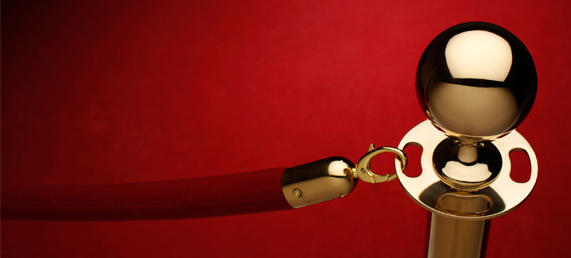






Information about how BMI royalties are calculated and distributed are available in our Royalty Policy Manual.

BMI knows that our culture is dependent on the creation of intellectual property, specifically, the creation of music. Without copyright protection, songwriters would lose their exclusive performing right, allowing anyone to use their music freely and without payment. That means that most songwriters would not be able to continue their craft, and we would not have the impressive musical culture we have and continue to build.
BMI’s award-winning repertoire includes over 22.4 million musical works created by more than 1.4 million songwriters, composers and music publishers. As the global leader in music rights management, BMI advocates for your rights and licenses your music to more than 650,000 businesses.

BMI is dedicated to nurturing and maintaining relationships with music creators. We offer workshops and showcases for emerging talent, access to Spark, a program that offers discounts, special offers, educational and wellness resources and much more, and BMI awards for songwriters and publishers whose public performances are extensive, among many other efforts. It's fast, easy and free to join. Songwriters, publishers and composers can simply click the button below, allowing BMI to represent your music. More information on BMI can be found in our FAQ section.